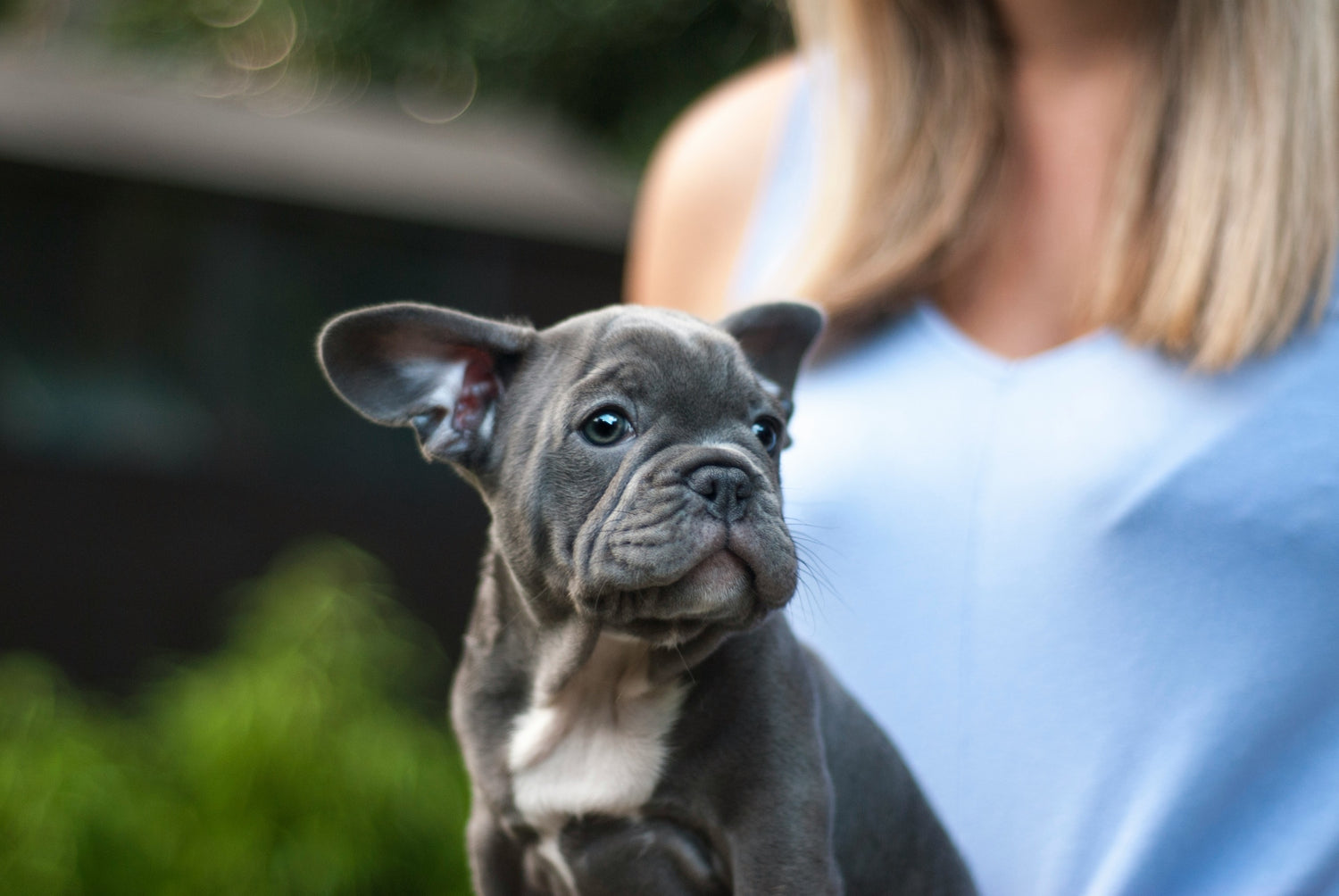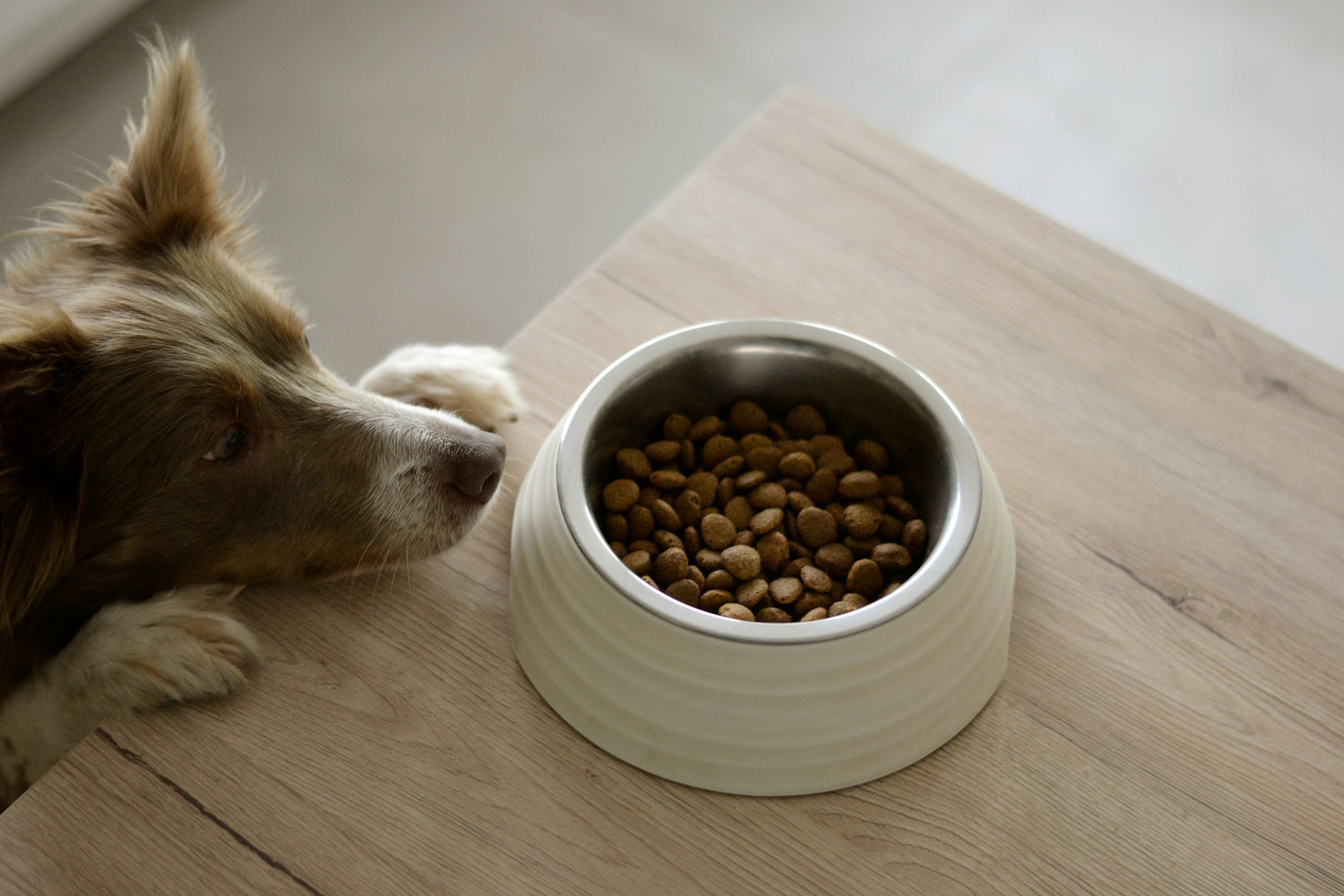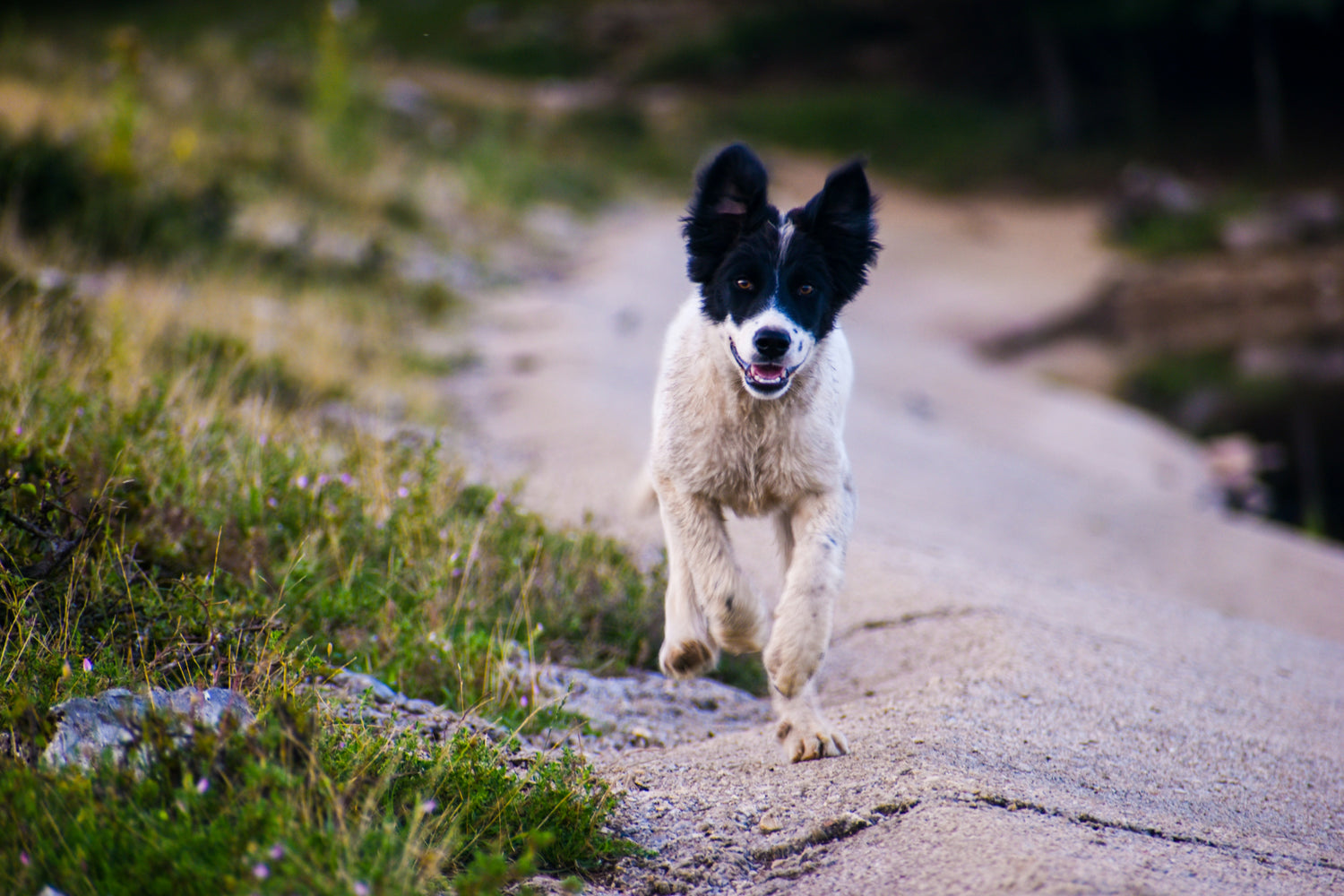Why is my dog constantly scratching?
Noticed a new scratching behaviour in your dog? One of your first thoughts might be that they have an allergy, and you could be right. Thankfully, there’s a lot of easy ways to treat and minimise symptoms of allergies in dogs, from specialist itchy skin dog food to regular flea treatments and proper grooming.
Even if your dog isn’t currently showing any symptoms of a skin allergy, there’s no harm in avoiding known common triggers, especially if your pet’s known to be a bit more sensitive. Here are some easy measures you can take to identify skin allergies and cater to skin sensitivities.

Symptoms of a skin allergy in dogs:
Skin allergies will naturally be easier to spot in some dog than others, due to the severity of the allergy and individual dog. If your dog’s exhibiting new scratching behaviours or you’ve noticed something visible, it could be allergy related. Here are the main signs of allergies to look out for:
- Dandruff
- Eczema (atopic dermatitis)
- Hair loss (also known as alopecia, as a result of scratching)
- Hot spots
- Inflammation
- Itchiness
- Overgrooming
- Redness
- Scaling
- Weepy eyes

Does my dog have a skin allergy or an infection?
Infections are typically picked up from outdoor environments, and are highly unlikely to be picked up from socialisation with other dogs, or something ingestible.
There is, however, a lot of overlap in the symptoms between allergies and infections in dogs – both certainly come with redness and itching, but infections generally have a more extreme look. If the spot your dog keeps itching is smelly, is exuding a thick discharge, or has pus, it’s more likely that you’re looking at an infection.

What sort of diet should I choose for a dog with sensitive skin?
Did you know that beef, wheat and dairy contribute to 70+% of food intolerances in dogs? Ditching these will massively contribute to a healthier skin and coat! Instead go for these options:
- Hypoallergenic, natural, containing wholegrains such as brown rice or wholegrain maize
- A simple recipe with a single protein source
- Lower in protein and fat
- Free from additives

Our sensitive skin tips and advice:
- Check with your vet to rule out other possible causes.
- Keep to the same diet for around 12 weeks.
- Avoid beef, wheat and dairy, as these account for 70+% of food intolerance in dogs.
- Look for novel ingredients - ones your dog hasn’t eaten before.
- Feed sparingly. Overfeeding can contribute to sensitive skin.
- Avoid treats, dental chews and table scraps – vegetables are OK.
Check out our Sensitive range
Not sure where to start? Burns Sensitive Pork and Potato is formulated with novel ingredients which makes it a popular choice for dogs with sensitive skin. Discover this and the rest of our Sensitive range here:















